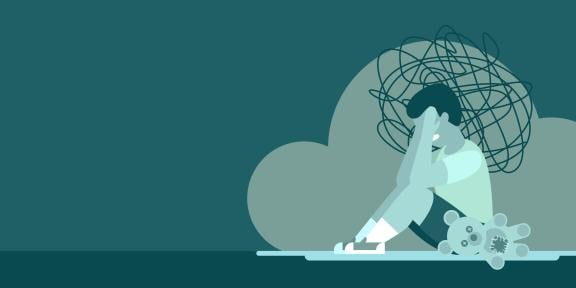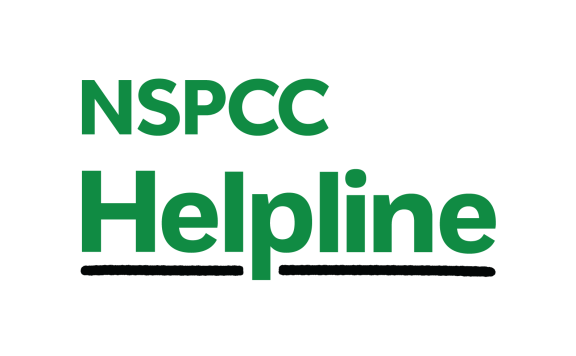The term ‘child abuse’ includes physical abuse, sexual abuse, including sexual exploitation, emotional abuse or abuse through neglect, of a person under the age of 18.
There is no absolute criterion for judging what constitutes abuse, or significant harm. However, it may include the degree, extent, duration and frequency of that harm. Sometimes, a single traumatic event may constitute this, for example, a violent assault, sexual assault, suffocation or poisoning. More often abuse or significant harm is a series of events, both acute and long-standing, which interrupt, change or damage the child’s physical and/or psychological development. Some children also live in family and social circumstances where their health and development are neglected.
There are different types of abuse and a child may suffer more than one of them.
Further information on Sexual Violence and Abuse.
If you suspect a child has been abused, it is important to tell the police service what has happened so that we can find out who was responsible and prevent the same thing happening to that child or some other child again.
While it is our responsibility to investigate an allegation, the welfare of the child will always come first.
What we do
Our teams who investigate offences of child abuse are made up of male and female Detectives who work in plain clothes and who have received special training in talking to children and in investigating this type of crime.
In order to find out what has happened, a police officer, in conjunction with a social worker, will speak to the child or young person, if that is possible. Both the police officer and social worker undertaking this will have been trained to interview children. The interview is undertaken in informal interviewing facilities and often this is digitally recorded.
Likewise, in some cases we may ask for a child to be examined by a specially trained doctor. The child, or their parent or legal carer, will be asked to give consent for the medical examination to go ahead. Often this medical examination will take place in a special facility or at times in a hospital or other medical setting. The purpose of the examination is to make sure the child gets any medical help they need and, as well, to look for evidence that may help us identify the person responsible.
Children who have suffered abuse, or who have witnessed abuse, may be called to give evidence in a criminal trial. There will be special measures in place if this is to happen. They will also receive support by, for example, the NSPCC Young Witness Service, and will be given help to go through their evidence by one of the legal people, otherwise known as the prosecuting barrister.
Should you need to report any incident of child abuse contact:
• The police service on 101, the non-emergency telephone number, where you will be put in contact with a specially trained police officer.
• In an emergency situation dial 999.


